Resources
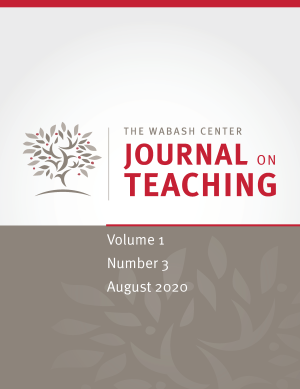
The introductory essay serves to situate this special issue in its original context: a workshop on "Politics, Pedagogy, and the Profession," hosted in November 2017 at Harvard Divinity School's Center for the Study of World Religions for graduate students and teachers of pre-modernity. The workshop marked the beginning of a collaborative project, whose products thus far include, inter alia, a shared database of pedagogical resources, conference sessions to extend discussions of teaching politically-charged subjects to a wider audience, and the contributions to the issue at hand. The introductory essay provides readers with background information concerning the project's aims and initial findings, including a discussion of instructors' motivations for addressing contemporary political considerations; the risks and rewards teaching politically-charged topics; and the institutional and disciplinary resources available to instructors. The essay also provides an introductory preview of the articles gathered in this special issue.
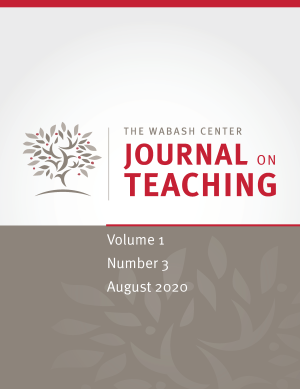
How and why should scholars of pre-modern topics in Religious Studies responsibly incorporate politics into the classroom? This piece introduces the reader to these questions and our motivations for asking them as scholars of late antiquity. It orients readers to this Special Issue, framing the contributors’ motivations for wanting to engage politics in the classroom and for producing this special issue. It introduces “late antiquity” and addresses the question of how religious studies instructors, whether teaching late ancient topics or not, can responsibly address the political present.
A curated collection of reusable resources for teaching and research. Organized by keyword, each annotated artifact (teaching strategy) can be saved, shared, and downloaded.
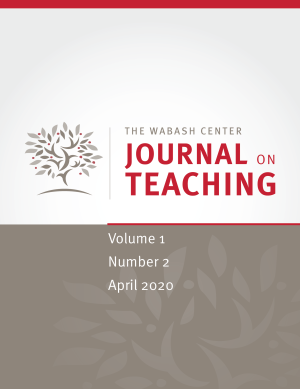
In his work as a scholar and educator, James Cone developed leaders. He built a network of scholars, clergy, and activists committed to the power of God in history and to the role of the poor and dispossessed in realizing earthly freedom. Cone’s courses began with the situatedness of the theologians being studied and always returned to the problems of the world that theologians sought to answer. He challenged his students to do the same, identifying and answering the crises of our communities, doing theology in the struggle for justice and liberation. This is one of several short essays presented by recent students at a public forum at Union Theological Seminary after his death in 2018.
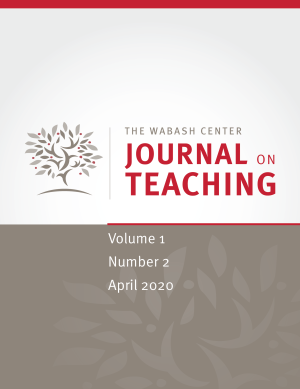
James Cone is known primarily as the founder of Black liberation theology. Yet for those who were his students, his teaching was equally as powerful. Cone managed to mentor people, create dialogue, and foster collaboration, all around the common collective task of seeking justice and liberation through theological study and construction. These things made Cone such an effective teacher. His work existed on a continuum, in which the liberation of Black people, of all the oppressed, was a non-negotiable baseline. While he used “traditional” methods, primarily lecture and seminar formats, the purpose behind his teaching wasn’t traditional at all. And as a result, he has put in place a network of clergy, academics, and of many other vocations, who in one way or another are promulgating that commitment to liberation and justice quite literally throughout the world. This is one of several short essays presented by recent students at a public forum at Union Theological Seminary after his death in 2018.
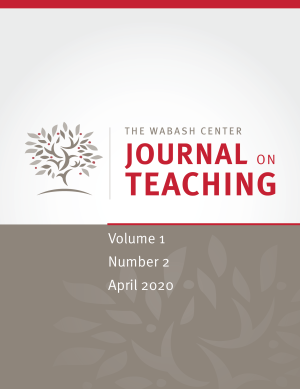
This reflection is on the teaching philosophy of James H. Cone (1938-2018). It connects Cone’s personal journey towards self-realization as a black theologian to his deeply held commitment to helping his students find and cultivate their own theological voice. The essay shares best practices from Cone’s methods within the classroom. It also describes his passion for teaching and love of his students. This is one of several short essays presented by recent students at a public forum at Union Theological Seminary after his death in 2018.
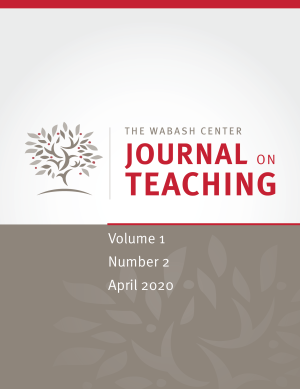
This short essay reflects on James Cone’s transformational impact as a teacher inside the classroom and through his voluminous writings. This is one of several short essays presented by recent students at a public forum at Union Theological Seminary after his death in 2018.
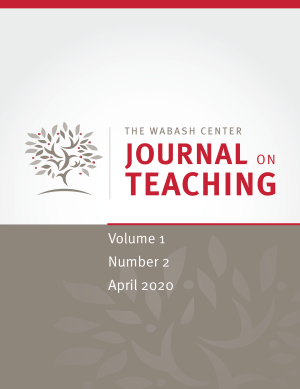
Beyond his academic contribution of Black Liberation Theology to the church and academy at large, James Cone should be remembered on a personal level as one who prioritized the task of teaching his students, placed the student perspective and the development of independent student voices at the center of his pedagogy, pushed his students to take classroom learning out into the world, maintained exemplary standards of consistency in his theological work and moral character, and contributed to the legacy of his home institution Union Theological Seminary in immeasurable ways. This is one of several short essays presented by recent students at a public forum at Union Theological Seminary after his death in 2018.
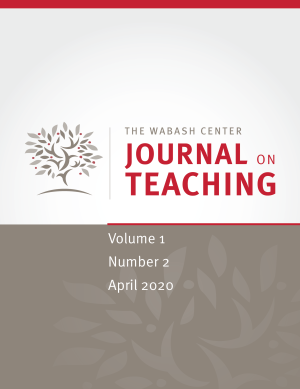
In this essay, I reflect on Dr. James H. Cone’s legacy as a teacher and mentor who generously invested in multiple generations of students—including white students like me. This is one of several short essays presented by recent students at a public forum at Union Theological Seminary after his death in 2018.
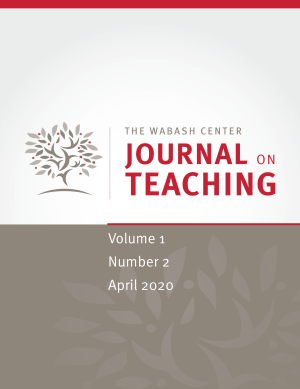
This Conversation was recorded during the final weekend meeting of the participants in the Wabash Center’s Colloquy on Writing the Scholarship of Teaching (2017-2018). Over the previous year, each of the Colloquy participants had been developing their own essay on a topic in the scholarship of teaching religion and theology. The conversation begins with reflections on the scholarly peer review process, but quickly expands to debates about the contours of the scholarship on teaching and the value of this literature—both as an author and a reader—to cultivating a successful teaching practice.